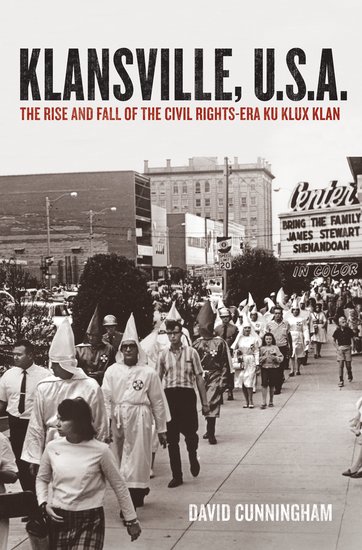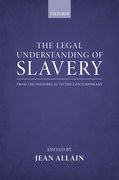Celebrating the 50th anniversary of the March on Washington
The 28th of August 2013 marks the 50th anniversary of the March on Washington, one of the largest political rallies in US History for African American civil rights. Between 200,000 and 300,000 participants marched from the Washington Monument to the Lincoln Memorial demanding meaningful civil and economic rights. At the Lincoln Memorial, Dr. Martin Luther […]







